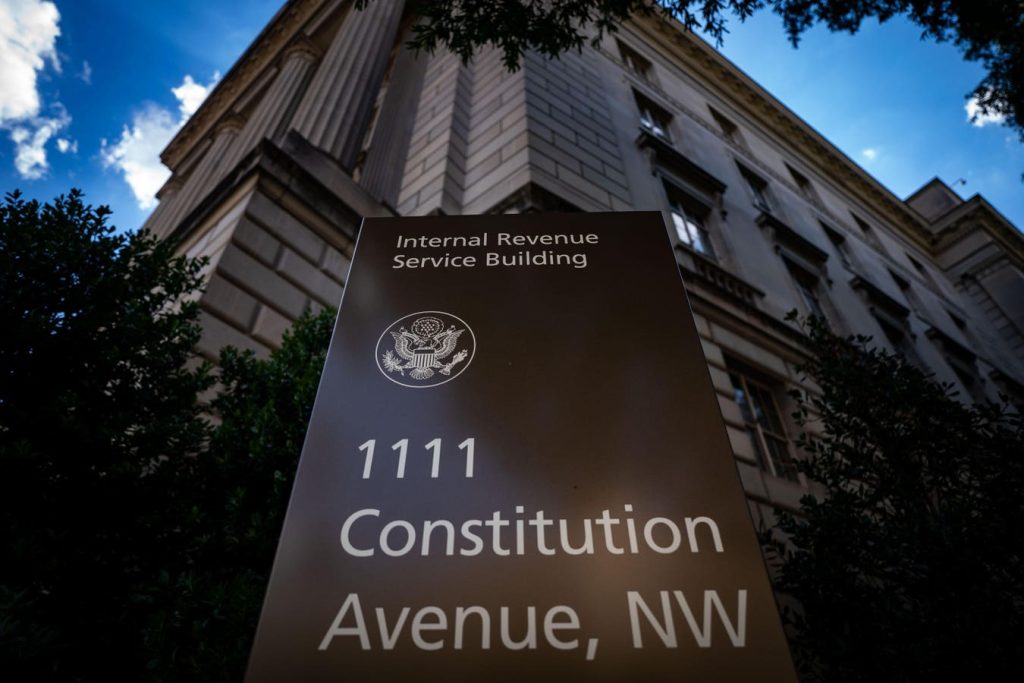There is an onerous issue plaguing the tax community. Some tax professionals have been advising their clients that filing the IRS Form 706 Estate (and Generation-Skipping Transfer) Tax Return is not necessary for a surviving spouse. The reality is filing the Form 706 is not only best practice. Failing to do so may be a case of malpractice.
Over the past few years, there have been several private letter rulings of taxpayers essentially begging the IRS to allow them to file a late (or extremely late) IRS Form 706 to elect portability. Examples include PLR 201414001, PLR 201607019, PLR 201827003, PLR 202150013, PLR 202202008, and PLR 202327002. In fact, the IRS was getting so overwhelmed (and perhaps even annoyed) with such requests that it issued Rev. Proc. 2022-32, which now extends the ability to make the portability election to on or before the fifth anniversary of the decedent’s date of death. While some of the private letter rulings were due to the taxpayers being unaware of the concept of portability (which is understandable due to the vast complexity of the tax code in conjunction with the taxpayer grieving following the death of their spouse), you may be surprised by how many of these private letter rulings were requests for relief due to bad or lacking advice from their tax professionals.
For those unfamiliar with portability, the concept was first introduced as part of the Tax Relief, Unemployment Reauthorization, and Job Creation Act of 2010, which became effective for married persons dying on or after Jan. 1, 2011. Portability became permanent law pursuant to the American Taxpayer Relief Act of 2012. In general, portability allows a surviving spouse to claim their deceased spouse’s unused estate tax exclusion amount, however portability does not apply to generation-skipping transfer tax exemption. For the surviving spouse to obtain the DSUEA, the fiduciary of the decedent’s estate (the Executor or Personal Representative) must complete Part 6 of IRS Form 706. The portability election becomes effective as of the date of death of the deceased spouse. Successfully making a portability election under Section 2010(c)(5)(A) of the Internal Revenue Code enables the surviving spouse to shelter more assets upon the other spouse’s death, as it locks in the use of the deceased spouse’s exemption amount for the surviving spouse. Consequently, this should give the surviving spouse peace of mind in bettering their chances to not pay estate taxes upon their death, which most people will appreciate following the loss of a loved one.
Claims that no estate tax is due, the client is nowhere near the exemption amount, or that it is a waste of money to prepare Form 706 to elect portability are often shortsighted. They overlook the forthcoming potential sunset of the Tax Cuts and Jobs Act (i.e., often referred to as the Trump tax law) on Jan. 1, 2026. While the TCJA dramatically changed various areas of the Internal Revenue Code in the estate planning area, the law notably increased the unified federal gift and estate tax exemption amounts (and generation-skipping transfer tax exemption amount) from an exemption amount of $5,49M in 2017 to $11,18M in 2018. Due to inflationary adjustments, the current gift, estate, and generation-skipping transfer tax exemption amounts in 2024 are all $13,61M (or a total of $27,22M for a married couple), with the top marginal federal tax rate remaining at 40%. These current exemption amounts are the highest in U.S. history.
If the TCJA is not extended or made permanent, the gift, estate, and generation-skipping transfer tax exemption amounts will revert to their prior 2018 levels on Jan. 1, 2026. If you extrapolate the reverted numbers by applying today’s inflationary adjustments, you could likely expect to see all of those exemption amounts cut roughly in half. So, any tax professionals advising clients not to file the IRS Form 706 to make the portability election better be sure the surviving spouse’s net worth following the death of their spouse will never eclipse half the current exemption amount for one spouse. And unless that tax professional also happens to be a financial advisor capable of computing wealth projection analysis, their file for that client also better also include documentation from a reputable and credentialed financial advisor stating the same.
Despite the substantial amount of private letter rulings on the subject and the issuance of Rev. Proc. 2022-32 permitting the surviving spouse additional time to file, there are still tax professionals out there who are encouraging their clients not to file the IRS Form 706 to elect portability. Unless the tax professional can guarantee the surviving spouse will never need the deceased spouse’s unused exemption amount (regardless of whether the TCJA sunsets, the surviving spouse’s assets significantly appreciate, the surviving spouse receives a substantial inheritance, wins the lottery, or the exemption amounts are somehow eliminated in the future), such tax professionals should at least recommend to that surviving spouse to file the IRS Form 706 to elect portability. If the surviving spouse disagrees and chooses not to do so, the tax professional has at least used the evidence at hand to advise the client correctly.
Read the full article here




